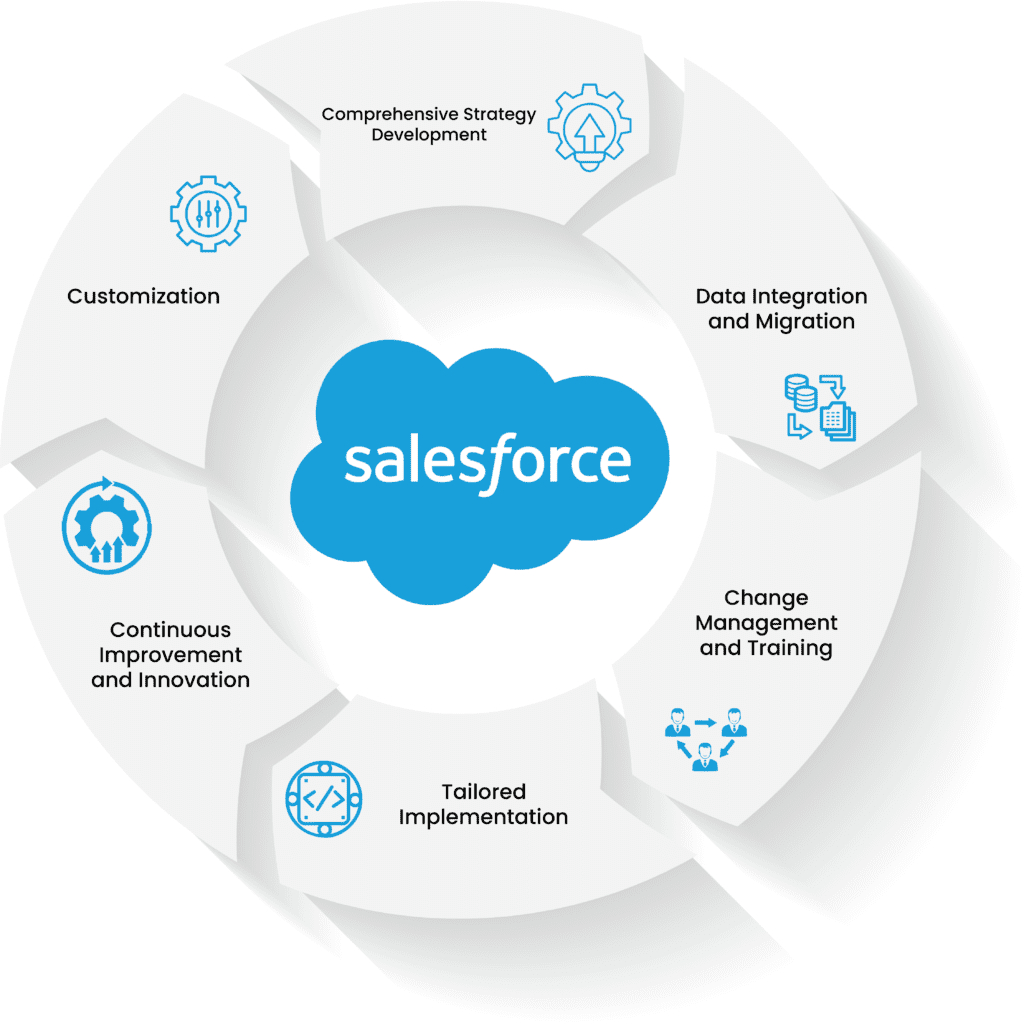As a top AI development company in Dubai, we’ve seen firsthand how artificial intelligence is reshaping industries and driving smarter digital solutions across sectors. Let’s be honest—Dubai is on fire when it comes to tech. Every serious AI development company here is shaking up the way businesses work, make decisions, and connect with customers. Across finance, healthcare, logistics, and retail, companies are jumping on intelligent automation and predictive analytics. Why? Because with smart AI developers in Dubai, they can finally move past guesswork and build operations that actually scale.
- AI’s Big Moment in Dubai
Dubai isn’t just keeping up—it’s setting the pace for digital transformation. The buzz around artificial intelligence development companies has exploded lately. Everyone’s chasing automation, instant insights, and fresh ways to stay competitive.
Machine learning, natural language processing, computer vision—all the stuff that felt futuristic a few years ago—is now right at the heart of business strategy. This isn’t about hype anymore. AI is driving real growth and innovation.
- Why Dubai Businesses Are All In on AI Development
These days, companies can’t afford to drag their feet. They need to move fast and get things right the first time. That’s where Dubai’s AI development services come in:
Automation that cuts out the busywork
Data-driven insights so leaders can actually trust their decisions
Personalized customer experiences that keep people coming back
Predictive models that lower risk and boost profits
When businesses plug AI into their systems, they speed up growth and stay ahead of the pack.
- The People Behind the Code: AI Developers in Dubai
Every game-changing project has sharp AI developers making it happen. These folks know their way around frameworks like TensorFlow and PyTorch. Their job? To turn wild ideas into tools that actually solve problems.
Whether it’s chatbots, recommendation engines, or slick dashboards, these developers connect advanced tech with what businesses actually need day-to-day.
- How AI Companies in Dubai Keep Pushing Forward
The best AI development companies in Dubai don’t just build and bail—they’re always innovating. They blend strategy, data science, and fast-moving engineering to help organizations:
Plug AI into what’s already working
Create custom algorithms tailored to unique challenges
Build scalable, secure platforms that grow with the business
The result? Companies see real returns—less manual work, smarter analytics, and more room to grow.
- Picking the Right AI Partner in Dubai
With more AI companies popping up all the time, choosing the right one matters. Look for a team with:
A track record in building AI models that actually work
Wide technical know-how across different industries
Clear, honest communication—no buzzwords, just results
A real commitment to keeping your data safe
The right partner won’t just deliver code—they’ll set your whole AI journey up for success.
- Dubai’s AI Future Looks Bright
AI adoption is only picking up speed, and Dubai’s right at the center of it all. Smart city projects, autonomous tech, digital everything—you name it, this city’s leading the charge. The magic happens when government, startups, and AI experts roll up their sleeves together. That’s what’s turning Dubai into a true global innovation hub.
With forward-thinking developers on board, businesses here aren’t just keeping up. They’re shaping what’s next for intelligent tech.
Conclusion
AI development companies in Dubai are rewriting the rules across every industry. Automation, machine learning, analytics—these aren’t just buzzwords anymore. They’re the backbone of modern business.
When organizations team up with the right AI experts in Dubai, they open the door to new possibilities and a real edge in 2025 and beyond.




